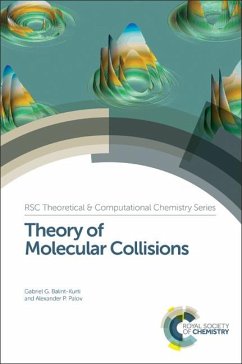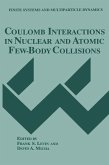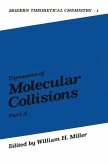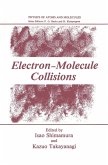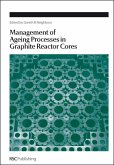Almost 100 years have passed since Trautz and Lewis put forward their collision theory of molecular processes. Today, knowledge of molecular collisions forms a key part of predicting and understanding chemical reactions.
This book begins by setting out the classical and quantum theories of atom-atom collisions. Experimentally observable aspects of the scattering processes; their relationship to reaction rate constants and the experimental methods used to determine them are described. The quantum mechanical theory of reactive scattering is presented and related to experimental observables. The role of lasers in the measurement and analysis of reactive molecular collisions is also discussed.
Written with postgraduates and newcomers to the field in mind, mathematics is kept to a minimum, and readers are guided to appendices and further reading to gain a deeper understanding of the mathematics involved.
This book begins by setting out the classical and quantum theories of atom-atom collisions. Experimentally observable aspects of the scattering processes; their relationship to reaction rate constants and the experimental methods used to determine them are described. The quantum mechanical theory of reactive scattering is presented and related to experimental observables. The role of lasers in the measurement and analysis of reactive molecular collisions is also discussed.
Written with postgraduates and newcomers to the field in mind, mathematics is kept to a minimum, and readers are guided to appendices and further reading to gain a deeper understanding of the mathematics involved.
Dieser Download kann aus rechtlichen Gründen nur mit Rechnungsadresse in A, D ausgeliefert werden.

